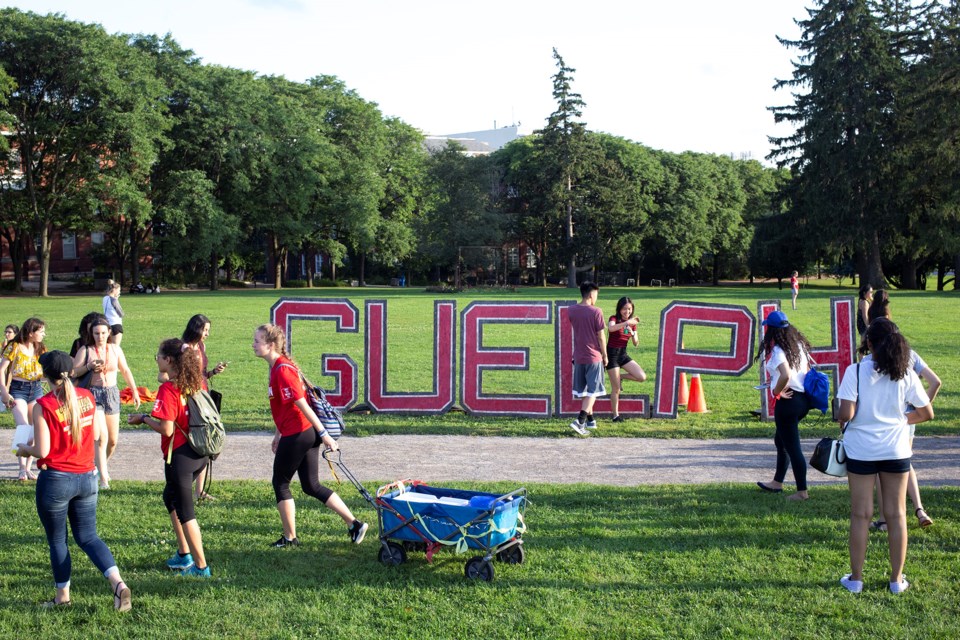University of Guelph’s student union says the more than half a million dollars in student fees not collected as a result of the provincial government’s Student Choice Initiative is having an effect on the programs and services it provides.
In January, the provincial government enacted the Student Choice Initiative, which allows post-secondary students in Ontario more choices in terms of what programs and services their student fees will support.
Supporting the student food bank or free menstrual products campus-wide was once mandatory, but as of the fall many such initiatives were now optional.
The mandatory fees were put in place democratically through the Central Student Association (CSA) over the course of decades, many through various referendums.
In an email, U of G spokesperson Lori Bona Hunt said a total of 8,556 graduate and undergrad students opted out of at least one fee in the fall semester. That’s about 35 per cent of the student population.
“About $537,000 was lost due to the opt out process,” said Hunt. “In other words, had there been no student choice initiative, we would have collected about $537,00 more than we did through various optional student fees.”
There has been a number of impacts as a result of the Student Choice Initiative, said Dena Van de Coevering, Central Student Association president.
“We took intentional measures to reduce our spending over the summer to create a buffer until we had a better understanding of the incoming fees,” said Van de Coevering. “We have had to be incredibly flexible with our planning and budgeting process over the past several months to accommodate for the uncertainty.”
Fees associated with the CSA, including affordable housing, the Guelph Student FoodBank, the entertainment media fee and the Menstrual Hygiene Initiative, have been named non-compulsory.
“There have been hard and soft impacts on the CSA in the past several months,” said Van de Coevering.
Previously, each student paid 94 cents toward the Menstrual Hygiene Initiative and $2.39 toward the Guelph Student FoodBank, for example.
Because it was deemed a health initiative, some CSA members had hoped the distribution of free menstrual hygiene products would continue. Multiplied by 22,000 undergrad students, the fee brought in about $20,000 annually toward the initiative.
When it was a referendum question years ago, about 77 per cent of students supported the Menstrual Hygiene Initiative.
U of G students are currently selecting which student fees they will support for the upcoming winter semester.
“We are diligently working to continue to represent the undergraduate student voice on our campus and in the community as well as to provide the practical services that improve students lives and save them money,” said Van de Coevering.
